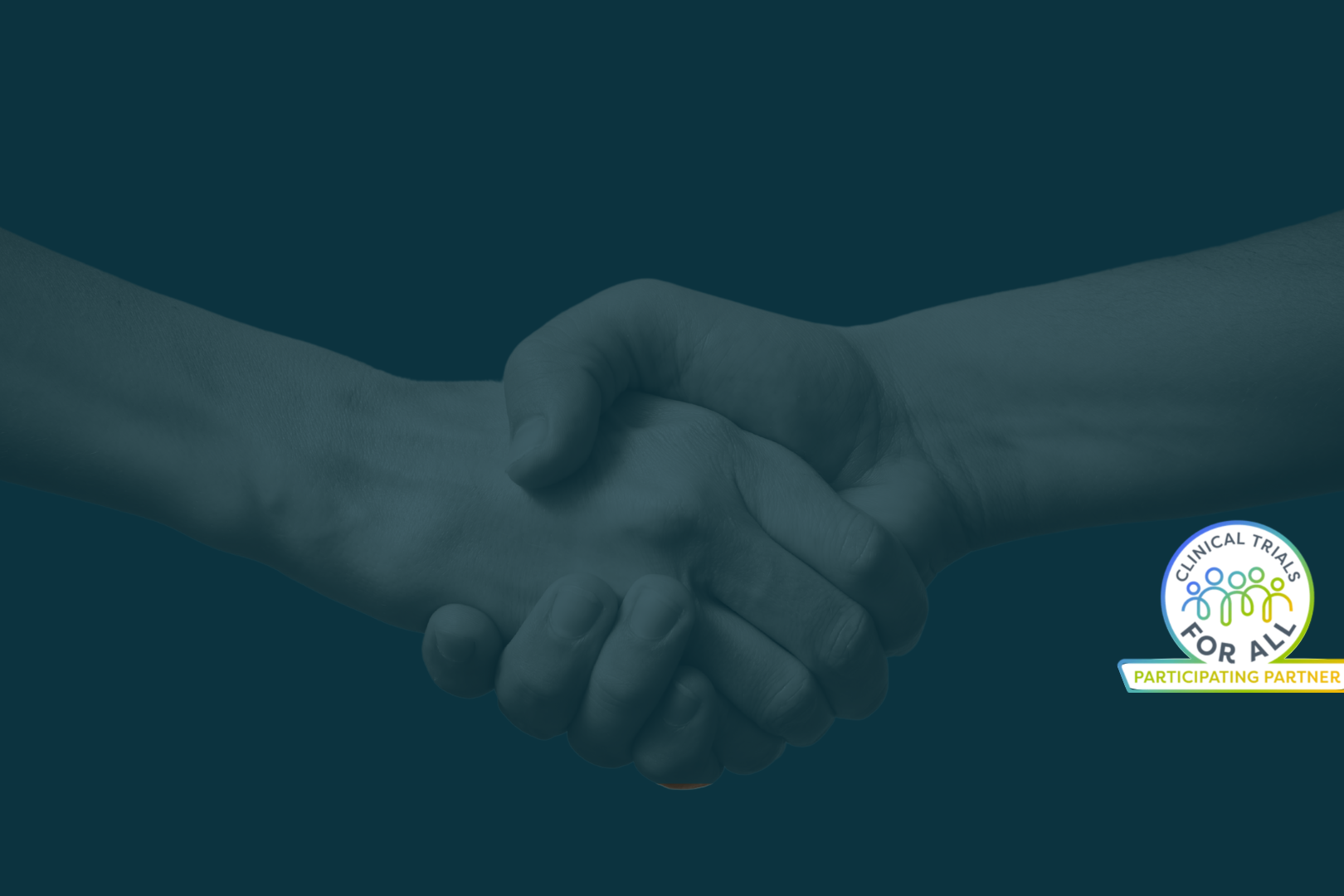The frustrating thing about anorexia, is that for many the voices will stay in your head for a very long time. At times, they will shout louder, push you around and make you feel like you want to give up. You will start to battle back and put on weight, but as your weight goes up, the mental side of things may take slightly longer to catch up. And at times you will feel like recovery is not possible. Like it is totally impossible and whatever you do won’t help.
I am not telling you this to dishearten you, but to be realistic with how things really are going to be.
I developed anorexia when I was 13 years old and managed to hide it for the next four years. I became a master of deception, hiding everything from everyone around me. I loved having this secret that made me feel so good about life. My anorexia was like having a best friend constantly with me at all times. I relied fully on her, and I loved what she gave me. That value… and purpose…
But all too soon my naughty little secret was discovered and I was no longer able to hide. I was under constant watch from my family and started to go to the Child and Adolescent Mental Health Center. I went there for about six months before being admitted to a mental health hospital where I spent the next year in recovery. I had to learn how to eat, how to exercise in a healthy way, and how to talk about how I felt. It was a tough year, and a battle that I have to keep fighting, but the skills I learnt in hospital had equipped me to do just that.
Recovery from an eating disorder is hard work, but the exciting thing is that when you get to that place in your recovery, life really does start looking up. You can start going out for meals, you aren’t constantly thinking about calories… Life begins to make sense again.
Here are a few things that helped me get to that point, and also continue to help me stay on track when things seem impossible again.
Have People Around You Who Support You and Push You
This isn’t a plain sailing choice and sometimes the people you think are helpful are less helpful as you go through your recovery. What I realized I needed was people I trusted, people who put up with my good and my bad days, people who would hold my hand through difficult meal times, and people who I could ask if I looked “bigger” and they would tell me. But also people who would challenge me in my recovery, help me push those boundaries in a safe place. For me, this has included making a list of 28 things I want to be able to do by the end of the year, such as eating ice cream. I have people round me who push me in this and challenge me to try things. But these people are there afterwards if I find it hard.
Know Your Triggers
This takes time to develop and these might change over time. For me, my main ones are exercise, counting my calories, and big food events (e.g. Christmas). So I know that when I exercise too much I am normally stressed or struggling in other parts of my life. When I relapsed, my exercise did feel out of control again so instead of letting my anorexia win and letting it convince me that I should be exercising more, I got myself a personal trainer. This helped me get my exercise back under control, and now if it flares up I talk about it and tell someone I am struggling with it.
I know that I am likely to find Christmas and other such events quite stressful, but I also know I am strong enough to do them. Over the last few years, I have tried two things with this (and both were successful). First, I cooked the entire Christmas lunch, which meant I felt more in control of when food was coming. And second, planning the meals and day so I know when things were happening. I also always make sure that I go out for a walk on Christmas Day on my own to help process. I am not saying it is always 100% plain sailing, but this helps me feel more okay about it and allows me to enjoy the day.
Remember Your Motivations
My final one is my motivations. Anorexia makes you feel invincible, but the reality is it is everything but that. I had to realize all the things I wanted to do with my life that I wouldn’t be able to do it if I was still living with anorexia dictating my life – things like traveling, getting a job, and having my own family. I urge you to think of your motivations, and at the beginning of meals if it is a struggle, get these out and use them to push you through.
I know how hard it is. I was once someone who thought I would never be able to wear a bikini. I thought I would always have fat days and that I would never be able to stop counting calories. But over time, and with work, I managed to get rid of these thoughts. I realized that beating anorexia was the way forward, and I knew I wanted to keep fighting and I was never going to give up. Yes, there would be hard days, but I would always win! And the more fights I won the easier things would get.
That’s exactly what happened, and I am now in a place where I challenge my eating, push myself in ways that would have previously scared me, and I keep winning my battle against anorexia.



